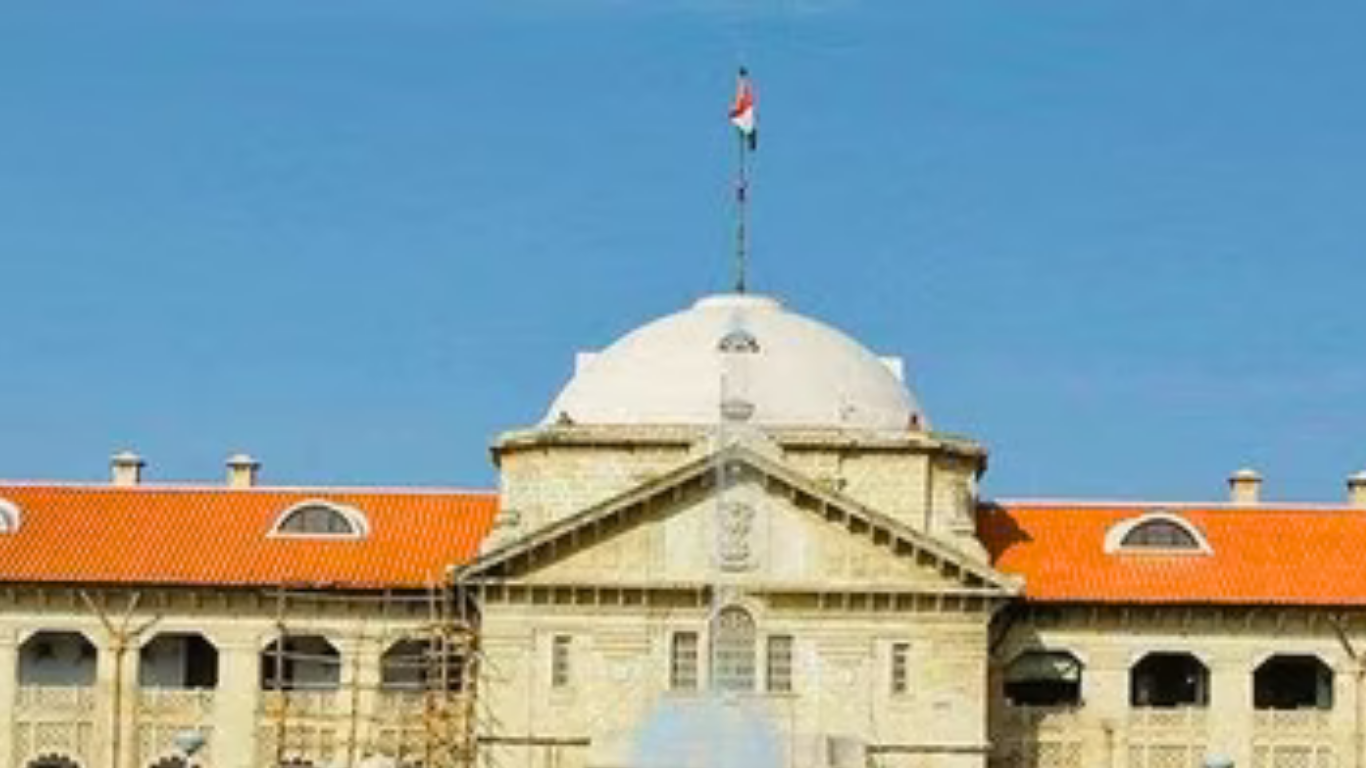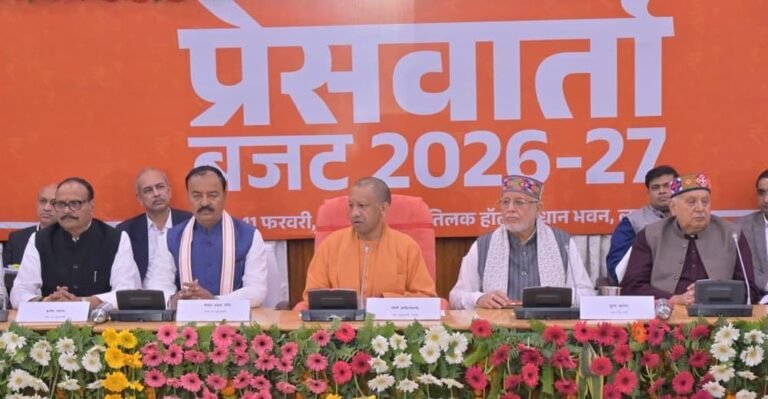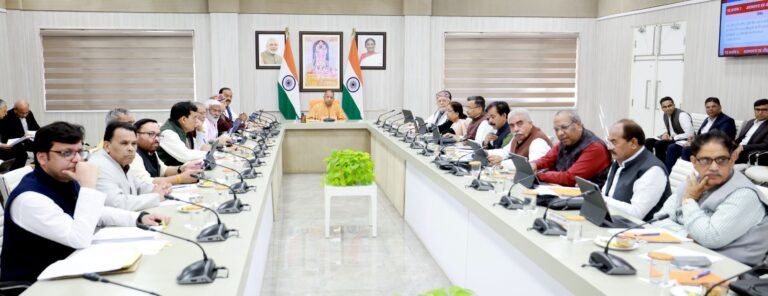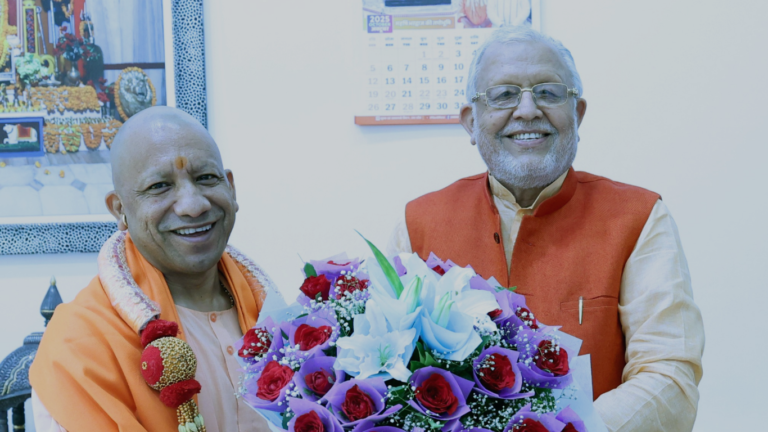
Prayagraj, Uttar Pradesh, July 29, 2025 – In a strong rebuke, the Allahabad High Court has called out private hospitals and nursing homes for treating patients like “guinea pigs” or “ATM machines” to extract money. The court’s sharp words came during a hearing on July 24, while dismissing a plea by Dr. Ashok Kumar Rai, a doctor accused of medical negligence in a case that led to the tragic death of a fetus. The ruling has sparked widespread discussion about the state of private healthcare in India, especially in Uttar Pradesh, where systemic issues continue to plague the industry.
A Case of Negligence and Delay
The case centers on a incident at Dr. Rai’s nursing home in Deoria, Uttar Pradesh. A pregnant woman was admitted for a cesarean section. According to court records, her family gave consent for the surgery around 11 AM, but the procedure was delayed until 5:30 PM because the nursing home lacked an on-site anesthetist. By the time the surgery was performed, the fetus had died due to prolonged labor. The family also alleged that hospital staff assaulted them when they protested, and Dr. Rai demanded an additional ₹10,000 on top of the ₹8,700 already paid.
The court, led by Justice Prashant Kumar, found no justification for the five-hour delay. “If consent was given at around 12 o’clock, why was the operation carried out at around 4 or 5 PM? There is no rationale for delay on the part of the doctor,” the judge stated. The court described the incident as a “pure misadventure” and refused to quash criminal proceedings against Dr. Rai under Sections 304A (causing death by negligence), 315 (act to prevent a child from being born alive), 323 (causing hurt), and 506 (criminal intimidation) of the Indian Penal Code.
Private Hospitals Under Fire
Justice Kumar didn’t hold back in criticizing the broader practices of private healthcare facilities. He noted that it has become “common practice” for private hospitals and nursing homes to admit patients without proper infrastructure or qualified staff, only to call in doctors after admission. “It is common knowledge that private hospitals have started treating patients as guinea pigs or ATM machines only to extort money out of them,” the court observed. This harsh statement has resonated with many who feel that private hospitals prioritize profit over patient care.
The court also dismissed a Medical Board report that had cleared Dr. Rai, pointing out that critical documents, like the post-mortem report and operation theater notes, were not presented to the board. This raised doubts about the report’s credibility and highlighted gaps in oversight within the healthcare system.
A Call for Accountability
While the court acknowledged the need to protect doctors from frivolous lawsuits, it stressed that such protection applies only to those who act with “due diligence and caution.” Hospitals and nursing homes operating without adequate facilities or staff, purely for financial gain, do not deserve this shield. “Criminal liability occurs if ordinary care is not taken,” Justice Kumar emphasized, citing Supreme Court rulings in Dr. Suresh Gupta vs. Govt. of NCT of Delhi (2004) and Jacob Mathew vs. State of Punjab (2005).
The case also shed light on another troubling issue: a related consumer complaint filed by the patient’s family has been pending in a consumer court for years without resolution. This delay underscores the challenges patients face in seeking justice, whether through criminal or civil avenues.
The Broader Context
Uttar Pradesh, in particular, faces significant healthcare challenges. With a maternal mortality rate of 167 per 100,000 live births (2018-20), far above the national average of 97, timely interventions like cesarean sections are critical. Yet, the state’s 4,442 government hospitals have only 39,104 beds for a population of roughly 240 million, pushing many to rely on private facilities that may lack proper resources.
What’s Next?
The case against Dr. Rai will now proceed to trial, with the court clarifying that its observations won’t influence the trial’s outcome. Meanwhile, the Allahabad High Court’s strong words have sparked calls for stricter regulation of private hospitals. Advocates are urging authorities to enforce minimum standards for infrastructure and staffing to prevent such tragedies.
This ruling serves as a wake-up call for India’s private healthcare sector. As families continue to navigate high costs and uncertain care, the court’s message is clear: patients are not cash machines, and hospitals must prioritize lives over profits. The hope now is that this judgment will push for reforms to ensure accountability and restore trust in the healthcare system.



